Munshi Premchand on Islam
 Munshi Premchand (1880-1936) is one of the most celebrated Hindi/Urdu writers the Indian Subcontinent has produced. He is credited with introducing realism to the Hindi/Urdu short story. Later Indian English novelists like Mulk Raj Anand tried their best to imitate Premchand’s style. But Premchand went even beyond that. Forsaking a lucrative career in the Bombay film industry, Premchand returned to rural India and started using the rural Indian village scene as a setting for his stories. This is very original, because most people who had developed writing skills saw no potential in the everyday life of the Indian village, and its complex issues of poverty, ignorance, religion and squalor were considered best left ignored. Most literate people (who again were a minority) happily forsaked the Indian village for a clerical gig in the British-Indian administration. But not Premchand.
Munshi Premchand (1880-1936) is one of the most celebrated Hindi/Urdu writers the Indian Subcontinent has produced. He is credited with introducing realism to the Hindi/Urdu short story. Later Indian English novelists like Mulk Raj Anand tried their best to imitate Premchand’s style. But Premchand went even beyond that. Forsaking a lucrative career in the Bombay film industry, Premchand returned to rural India and started using the rural Indian village scene as a setting for his stories. This is very original, because most people who had developed writing skills saw no potential in the everyday life of the Indian village, and its complex issues of poverty, ignorance, religion and squalor were considered best left ignored. Most literate people (who again were a minority) happily forsaked the Indian village for a clerical gig in the British-Indian administration. But not Premchand.
The following is a little known piece penned by Premchand. It was first published in 1925 in the Urdu newspaper Pratap (If you can find a copy of that original, please leave a comment). It was reprinted in 1995 in the India Today Hindi edition (A special literary edition). Condensed excerpts of this were reprinted in the Urdu newspaper Sehroza Dawat (affiliated with the Jammat-i-Islami of India) in 1995 as well.
Premchand was actively partaking in the groundwork for what would later become the Freedom Movement when he published this. At the same time, The Powers That Be were working on the Partition, and this necessitated division and polarization along religious and ethnic lines. This piece seems to be Premchand’s appeal to Hindu intellectuals to be skeptical of polarizing figures within their ranks. Premchand identified as Hindu.
Although Hindus and Muslims have coexisted for a thousand years in India, they do not understand each other. They are an enigma for each other. Carried away by baseless reports they fight with each other. For Hindus. Muslims embody all evils and they appear as shorn of any virtue of mercy, faith, tolerance and forbearance. In an equal measure, Muslims look upon Hindus as pagans and animal like … True, Muslims have been guilty of great injustice, even while invoking their faith. But, have Hindus, though being votaries of nonviolence, not indulged in large-scale violence?
The Prophet’s Sermon on the Mount Arafat is a life-giving message which would always invigorate Islamic life. This sermon permeates with a deep and genuine concern for justice. Justice applies to all be they the king or the subject, the rich or the poor … Instances of tolerance and broad-mindedness exemplified by Muslim rulers are unprecedented in history. They routinely appointed non-Muslims to august offices of state on the criterion of merit alone.
Although Karl Marx and Russians are credited for the principle of equality, it was Muhammad who preached and practised it first. He never laid any claim to a special position. He professed and practised perfect equality. Islam is justifiably proud of its treatment of slaves. As soon as a slave embraced Islam, he became a free person. And there have been many slave rulers in Muslim history. Which code of life can boast of granting women the right to property which Islam does? Islam firmly believes in equal opportunities. Islam attaches much significance to the principle of fraternity.
Islam is the only faith that has forbidden usury. It goes without saying that usury has given rise to numerous evils and problems in society. Few can rival Muslims in their contribution to knowledge. Muslims are inspired by the ideals of freedom [The then Freedom Movement]. It has achieved amazing success owing to its [Islam’s] teachings of equality and fraternity.
Hindus are, of course, free to reorganize and restructure their social life. However, it should be done without fanning differences with Muslims.
Some additional commentary.
Premchand distinguishes between religion, violence, and violence done in the name of religion. Most current Indian journalists end up blurring the lines, mixing the three into a mush.
He is very informed about Islamic theology and Islamic history, perhaps even more than Muslims of his time. We see more of this in his celebrated short story Idgah. Most present-day Indian ideologues are too lazy to study Islam and instead parrot trite phrases and tropes introduced by the Western media.
Premchand’s generation saw usury as a dangerous vice. Current Indians have fallen for bank debt hook, line and sinker. EMI’s are part of their everyday life. Even legions of Muslims now partake in usury.
From what I have read about those times, and as evidenced in Premchand’s other writings, the then people of the Indian Subcontinent were very different from the present-day inhabitants. We see strong evidence of polite debate and decorum in written discourses and speeches. And those who took part in such writings and debates were established intellectuals. Those who had nothing worthwhile to add maintained their silence. Even their “letters to the editor” hinting at their disapproval of a point of view was polite and reasoned. The current scenario is the opposite. With gifted intellectuals being hounded and silenced, and semi-literate hive minds, with an attention span of 280 characters (previously 140) barking in cacophony.
This inversion is best illustrated by the fact that the Hans, a magazine founded by Premchand in 1930, is now attacking Premchand’s legacy. Ironically, regressions such as these, started being fanned by digital technology, and by social media giants based in Silicon Valley. The question for the conspiracy theorist is, did they originate there as well? With Globalization, foreign intervention no longer requires foreign powers to enter countries with armies.


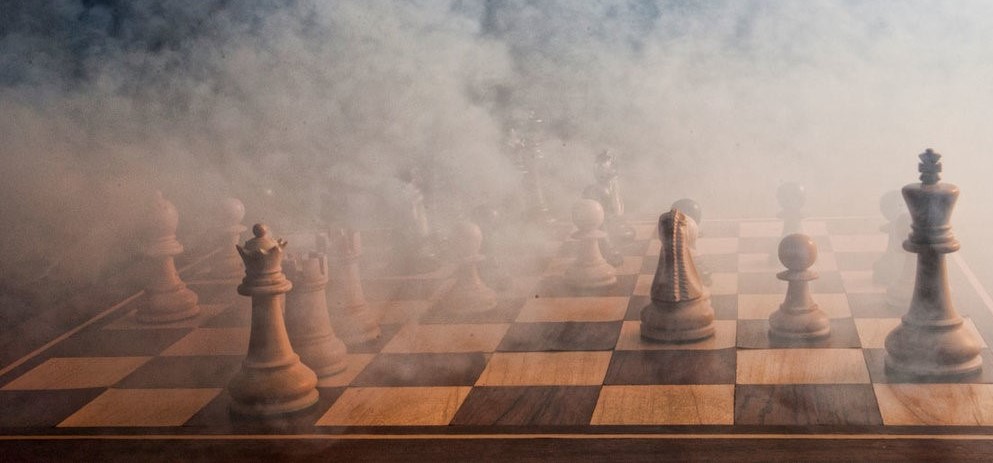


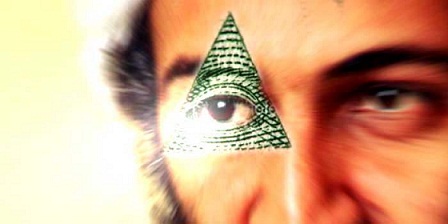
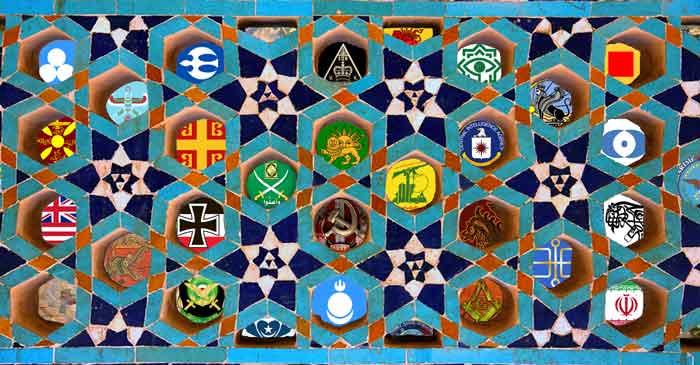
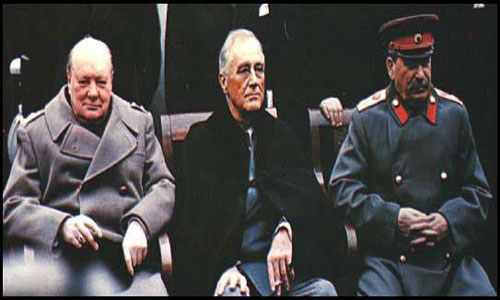

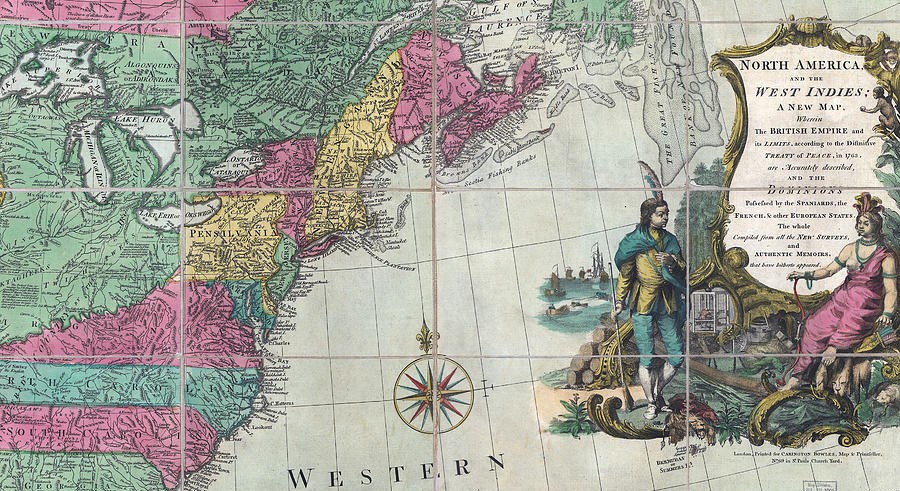
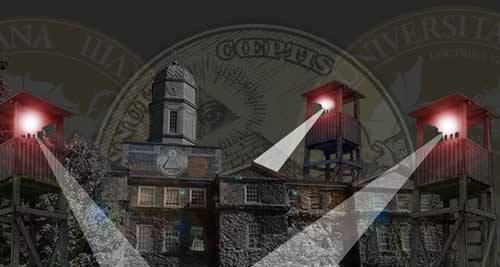
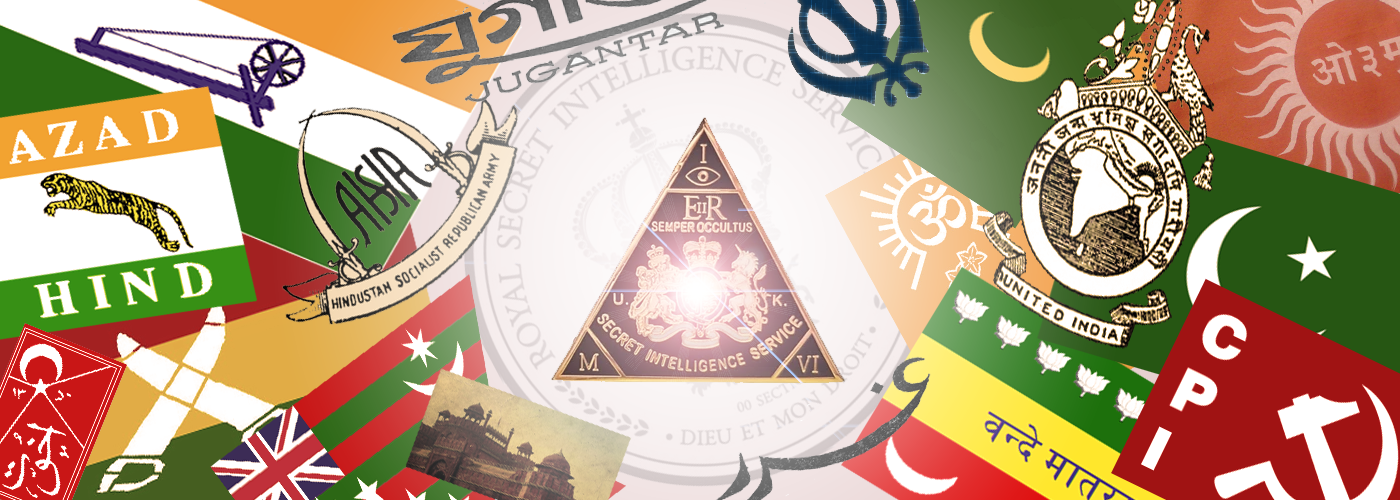
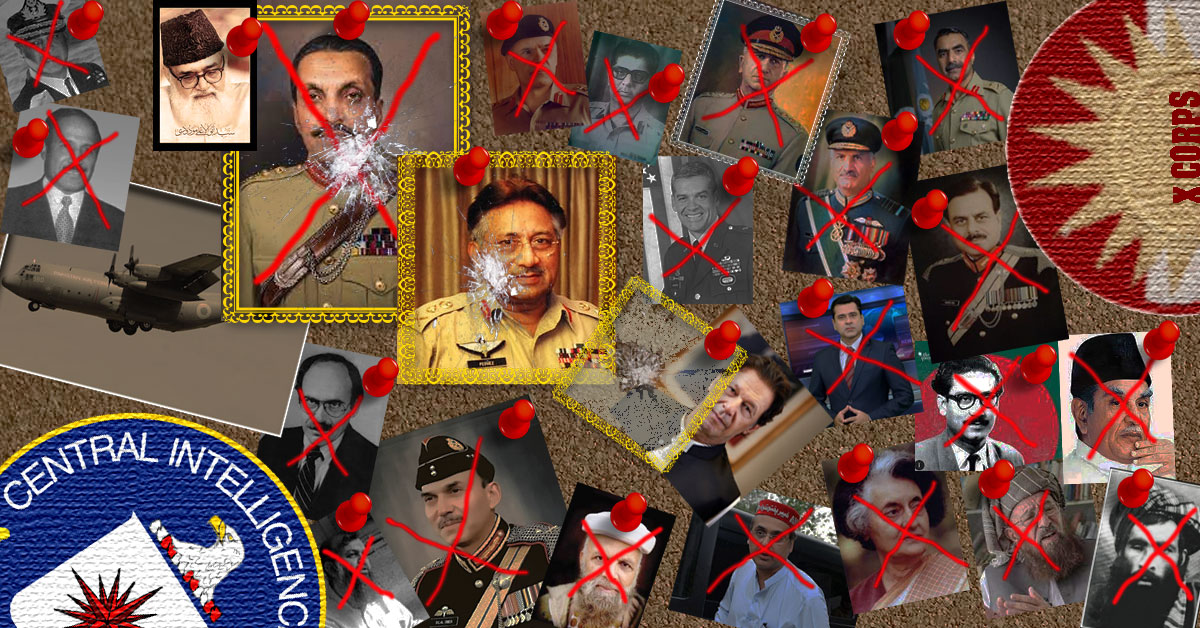

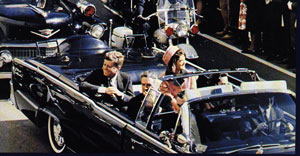

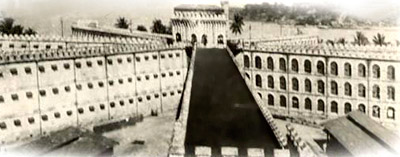
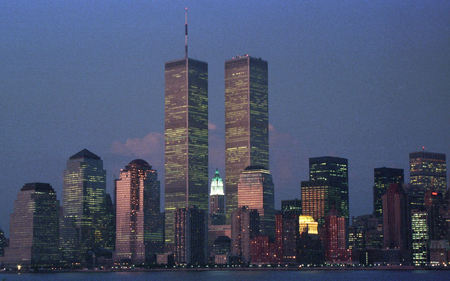
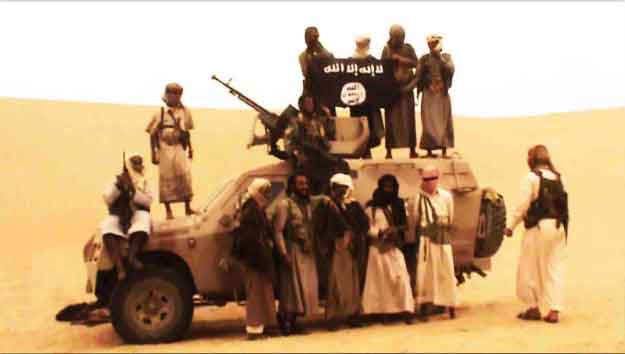
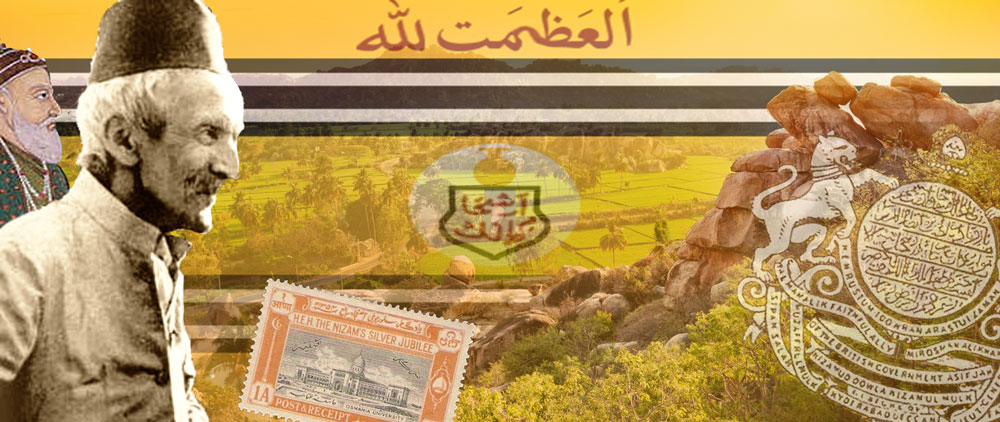





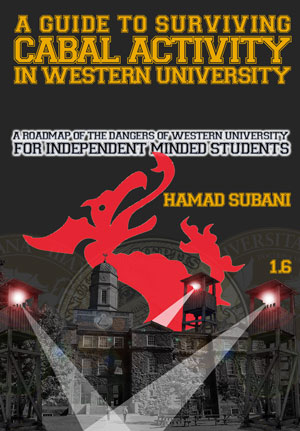
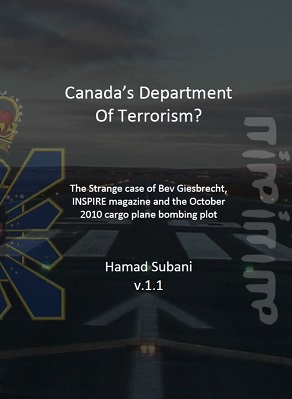
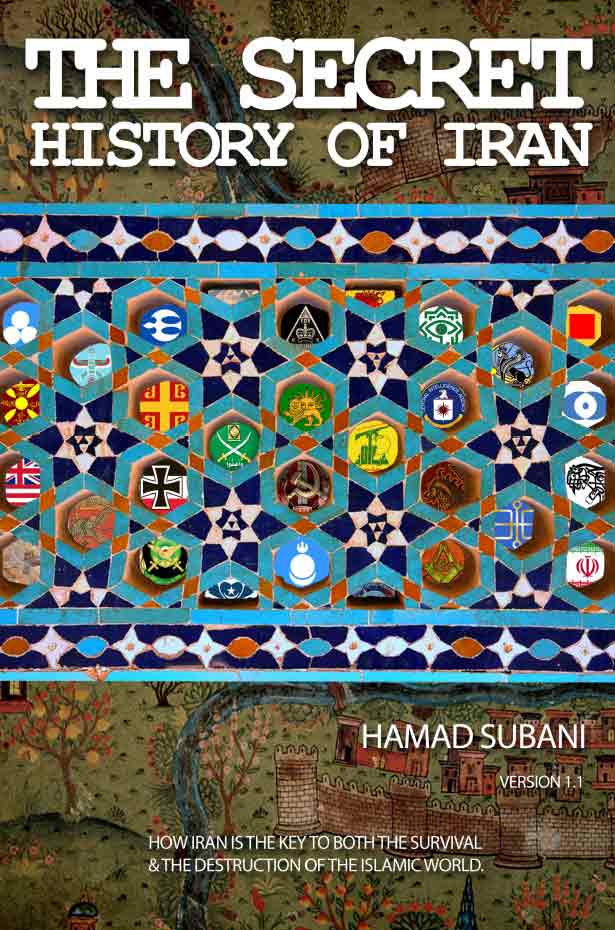
You need to understand
All Hebrew prophets never practiced any religion they propagated Truth.Thry were against Babylonian Fascism
Globalist Establishment created religion Islam Christianity.
Hinduism as a religion was created by British in 1833